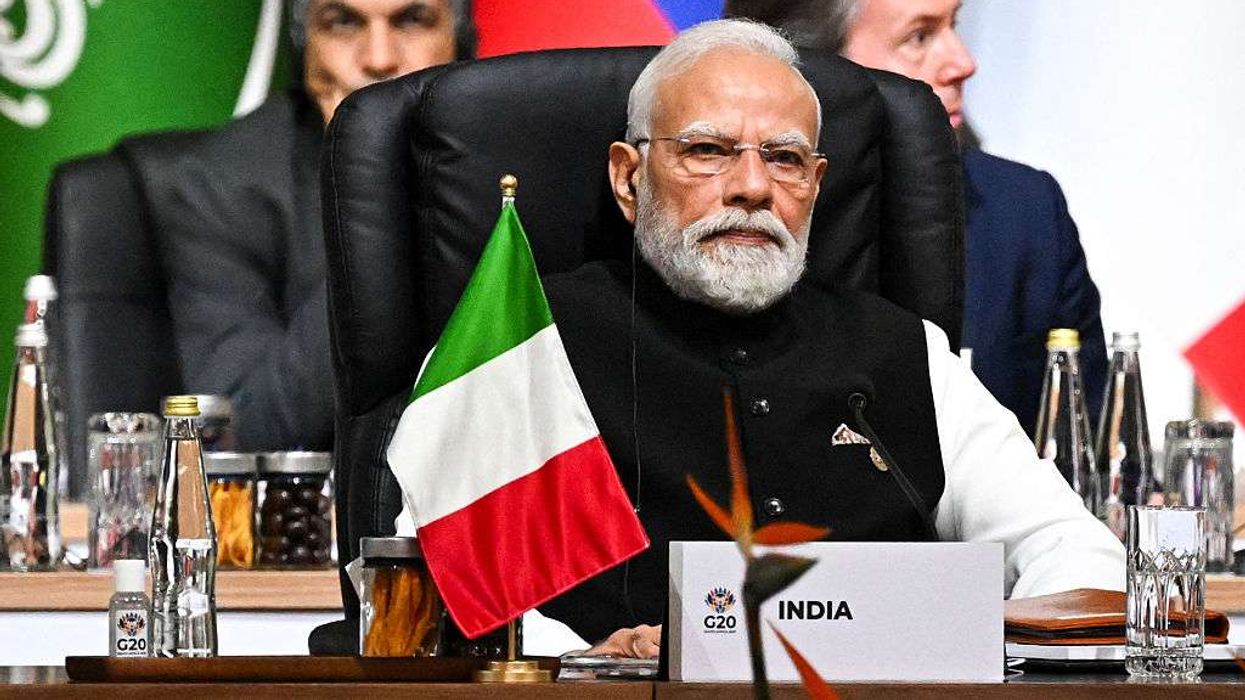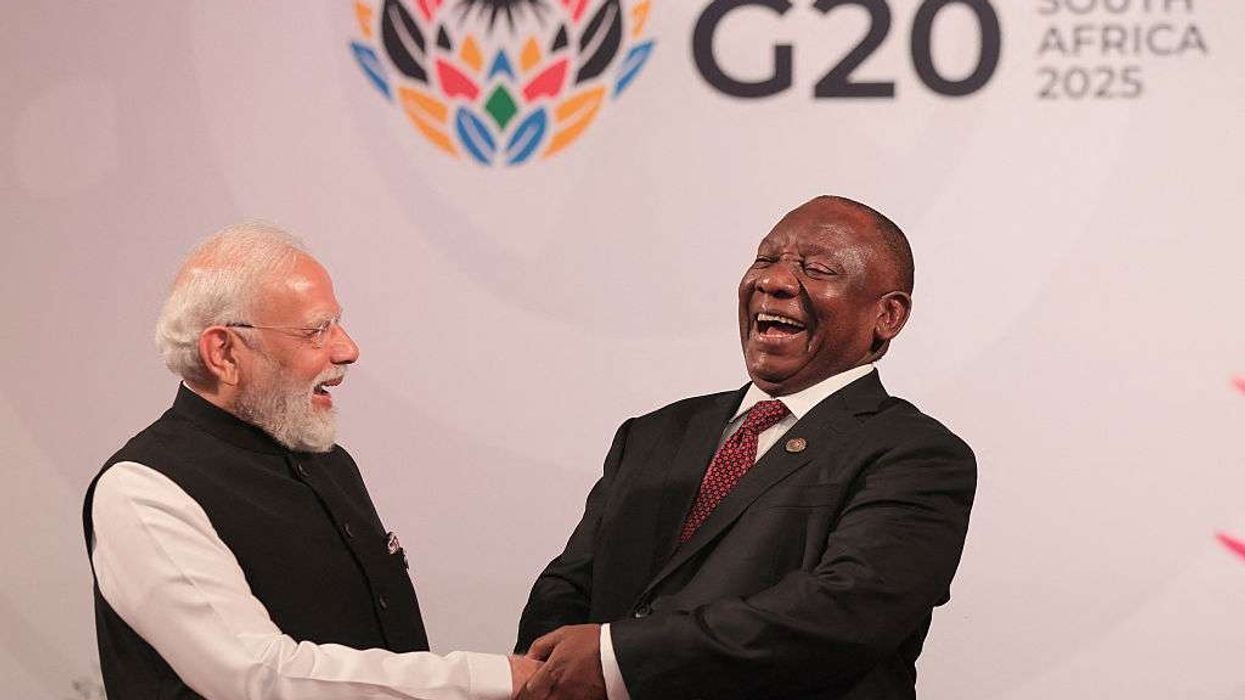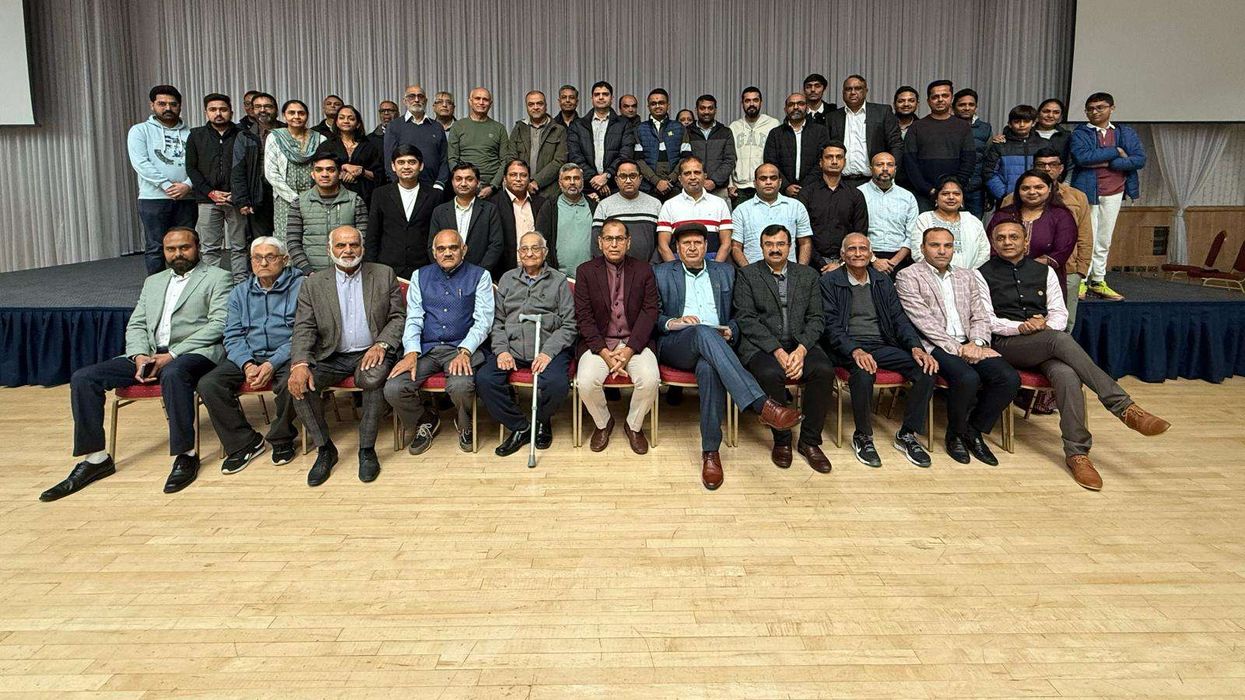CROWN court on Tuesday (6) has convicted a Leicestershire man of being a member of Daesh. He has also been convicted of using Bitcoin in attempts to free Daesh supporters from Syrian detention camps and spreading online propaganda for the terror group.
Believed to be third person in the UK convicted of being a Daesh member, Hisham Chaudhary- of Oadby in Leicestershire- has been found guilty of seven terrorism offences, including membership of the organisation, entering into terrorist funding arrangements and disseminating terrorist publications, following a five-week trial at Birmingham Crown Court.
He has been remanded in custody ahead of a sentencing hearing in September. He was arrested by anti-terrorism police in a raid in November 2019.
Operating largely online, the 28-year-old man was reportedly able to serve the objectives of the organisation from the UK, by "promoting violent jihad", providing communication networks for other "like-minded individuals" and sourcing money to assist other members.
During the trial, the court heard Chaudhary had been a Daesh member since January 2016 and used to do fundraising and propaganda work to benefit the group.
Financial investigators also revealed that Chaudhary had deliberately developed his understanding and use of the Cryptocurrency Bitcoin which he frequently used to receive and transfer thousands of pounds, paying smugglers to liberate Daesh supporters from detention camps in Syria, Counter Terrorism Policing said in a report.
Describing him as a “trusted and active member of the group”, counter terror police said that he “immersed himself” in spreading terrorist propaganda through Twitter and the encrypted messaging app Telegram.
A spokesperson for Counter Terrorism Policing North East said: “Operating largely online, the defendant was able to serve the objectives of the organisation from the UK, by promoting violent jihad, providing safe communication networks for like-minded individuals and sourcing money to assist other members.”
Claiming that Chaudhary created videos to spread the ideology of Daesh, the spokesperson added that he also went to great lengths to ensure they reached the right audience, often seeking “assistance to protect the legacy of his videos, to prevent them from being deleted or taken down”.






 South African president Cyril Ramaphosa (R) welcomes Indian prime minister Narendra Modi as he arrives for the opening of the G20 Leaders' Summit at the Nasrec Expo Centre in Johannesburg on November 22, 2025. (Photo by Halden KROG / POOL / AFP via Getty Images)
South African president Cyril Ramaphosa (R) welcomes Indian prime minister Narendra Modi as he arrives for the opening of the G20 Leaders' Summit at the Nasrec Expo Centre in Johannesburg on November 22, 2025. (Photo by Halden KROG / POOL / AFP via Getty Images)






